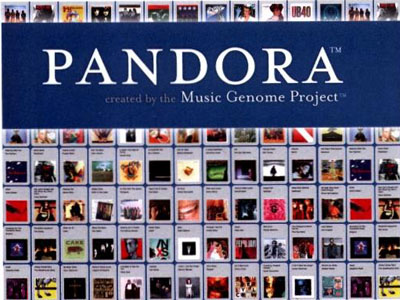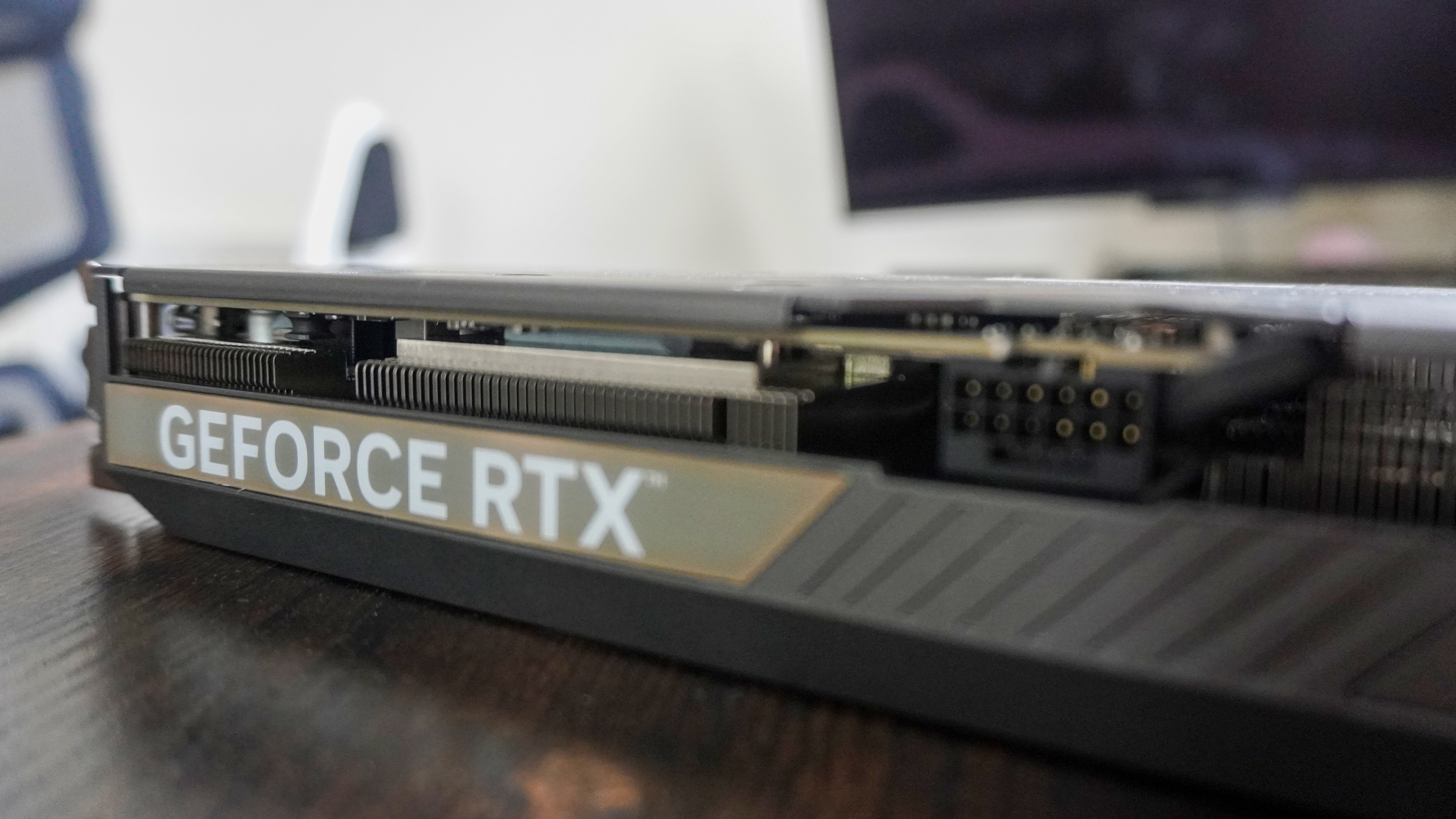No More Free Unlimited Streaming for Pandora Mobile
Pandora is cutting your mobile streaming time down to 40 hours per month thanks to increasing royalties demanded by record labels.


It was only a matter of time before Pandora's limitless fountain of music would dry up to a mere trickle, at least for mobile users anyway. The company said on Wednesday that it will introduce a mobile cap starting March 1, limiting usage to a mere 40 hours per month. This move will mostly effect those that listen to the service for more than an hour on their smartphone or tablet each day.
"Most of you reading this will never hit the limit. In fact, it will affect less than 4-percent of our total monthly active listeners," said Pandora founder Tim Westergren. "For perspective, the average listener spends approximately 20 hours listening to Pandora across all devices in any given month."
He goes on to admit that the listening cap is "very contrary" to Pandora's mission to provide customized online radio for all. However he pointed a finger at the greedy music industry, the same entity that forced MTV to abandon 24-hour music video broadcasting, claiming that per-track royalty rates have increased more than 25-percent over the last three years.
Adding to that, he said rates will climb another 9-percent in 2013 alone and will likely increase another 16-percent over the next two years. The only way Pandora can handle the escalating costs is to reduce mobile unlimited streaming to 40 hours per month while maintaining minimal listener disruption (aka no large chunks of advertisements).
Of course, there will be Pandora users who hit that 40-hour-per-month cap. To keep the music flowing, users can (1) listen to an unlimited stream from their PC or Mac, (2) pay a mere $0.99 for the remainder of the month, or (3) subscribe to Pandora One for unlimited listening and no advertising at $3.99 per month.
"In short, this is an effort to balance the reality of increasing royalty costs with our desire to maximize access to free listening on Pandora," Westergren said. "We will be sure to alert any of our listeners that start getting close to the 40 hour limit."
Spin points out that Pandora is a publicly traded company, and has a "fiduciary duty" to create value for shareholders. Musicians create the raw materials but Pandora brings them to the audience in a legal way after an era of rampant illegal fire-sharing that nearly crippled the entertainment industry. That said, how much should the record labels pocket and how much should the giant investment firms that hold the bulk of Pandora's stock retain?
Get instant access to breaking news, the hottest reviews, great deals and helpful tips.
Naturally Westergren wants to see stockholders with budging pockets of cash. He recently told The Heritage Foundation that Pandora and similar business are struggling against "discriminatory" laws that force them to pay higher royalties. He said businesses aren't looking to pay "as little as we can", acknowledging that musicians have bills to pay too, but they also want something that is fair.
Pandora, whose clock is ticking as rates continue to rise, wants Washington to rewrite the royalties rules in a way that makes internet radio streaming more financially manageable. To spread the word, Westergren is on a makeshift nationwide speaking tour which landed him at The Heritage Foundation’s regular Blogger Briefing on Tuesday.
Naturally the RIAA opposes a rewrite, saying that a change in the rate structure could significantly limit artist compensation given Pandora's market share. But Westergren disagrees, saying that lower royalties will allow internet radio to flourish and offer musicians a greater opportunity to generate revenue. He's so sure of this method that he's willing to make donations to a number of lawmakers who are sympathetic to Pandora's cause.
For now, on a consumer level, listeners are forced to suffer a limitation on their mobile devices as a result on the industry's greed. Maybe one day in the future Pandora will have struck a nerve and rates will be more manageable, meaning more music for music lovers. Continuously hiking royalty fees only compounds the piracy issue, not help it.
Kevin started taking PCs apart in the 90s when Quake was on the way and his PC lacked the required components. Since then, he’s loved all things PC-related and cool gadgets ranging from the New Nintendo 3DS to Android tablets. He is currently a contributor at Digital Trends, writing about everything from computers to how-to content on Windows and Macs to reviews of the latest laptops from HP, Dell, Lenovo, and more.
-
bnot I keep waiting for someone to create a business model that deals directly with the musicians and writers and does not need a record company at all.Reply -
Onus I'd like to see channels created using music from bands that specifically publish royalty-free, for example live bands who want people to hear their stuff so they'll come see them in concert.Reply -
kawininjazx Royalties are a pain in the ass, my Sirius bill keeps going up because of this and my wife only listens to one station.Reply -
festerovic one thing (IME) that Pandora has going for it, is that their mobile app works better than competitors. I used to use Slacker, but they could never get the bugs out of the app, and so I cancelled.Reply
"Continuously hiking royalty fees only compounds the piracy issue, not help it." - totally agree. If the biggest, most popular music source in the world has near everything for free (bittorrent...) increasing the gap between pay and free is not a good idea. -
zubikov Pandora is forced to pay $0.10 for every song that you hear. So if you skip through three songs, you just cost them $0.30. They fought tooth and nail to get lower royalties, and their competitors with different models and millions in lobbying pay way less (Sirius XM for one). Think about it, you pay 99c and you own the song, or Pandora pays 10c and you listen to it once, if that. It's really not fair to them, they got screwed. With this cost structure in mind, it's amazing that a year's subscription ONLY costs $36.Reply
Also, this change effects 4% of their listening public. So the author should chill when he says "limitless fountain of music would dry up to a mere trickle", because there's a good chance you're not affected. -
ddpruitt ReplyHe recently told The Heritage Foundation that Pandora and similar business are struggling against "discriminatory" laws that force them to pay higher royalties
Amazing how he leaves out the fact that the laws favor Pandora. Last time I checked the numbers Pandora pays less than half what satellite, terrestrial radio, and TV stations pay.
I listen to Pandora all the time (pretty sure I'd hit the cap after a week or so) but they need a more sustainable business model. I'd be all for a way for a way to cut out the record labels and pay artists directly, that's were the money should go. I don't feel like paying to have some 10 year old listen to yet another Justin Beiber song. -
technicalbass Shoutcast has an app for iPhone, not sure about android. Unlimited free streaming radio stations. Not as nifty as Pandora for listening to individual artists and tracks but it's great for specific music genres.Reply
 Club Benefits
Club Benefits





